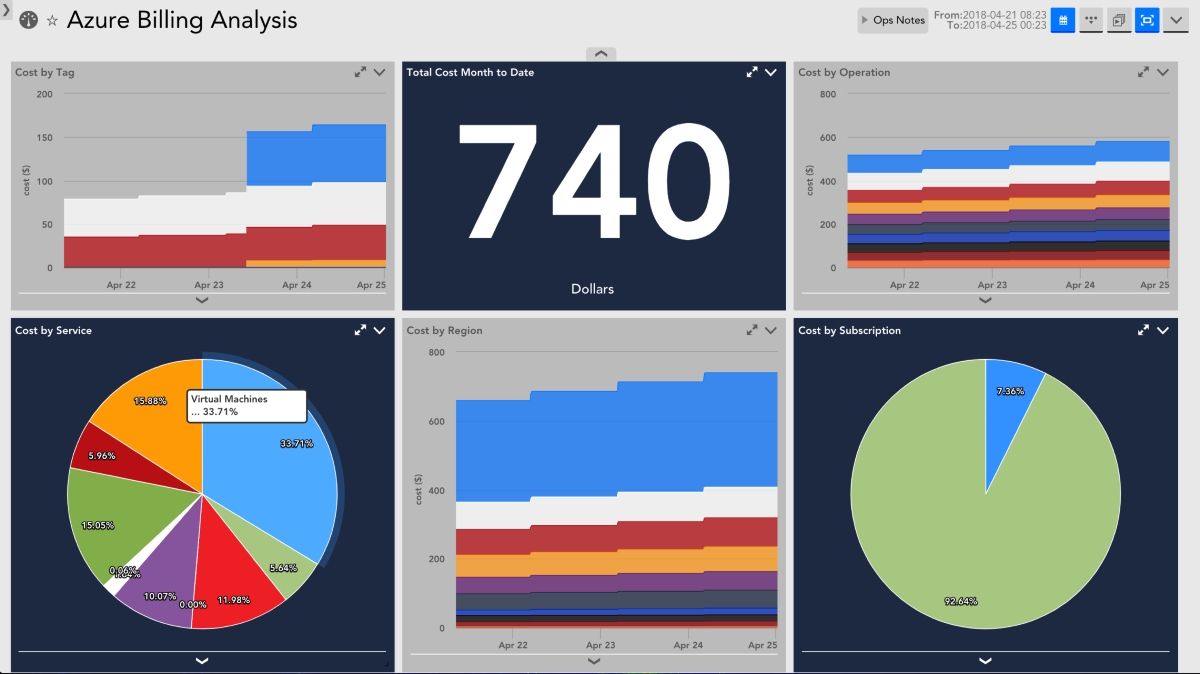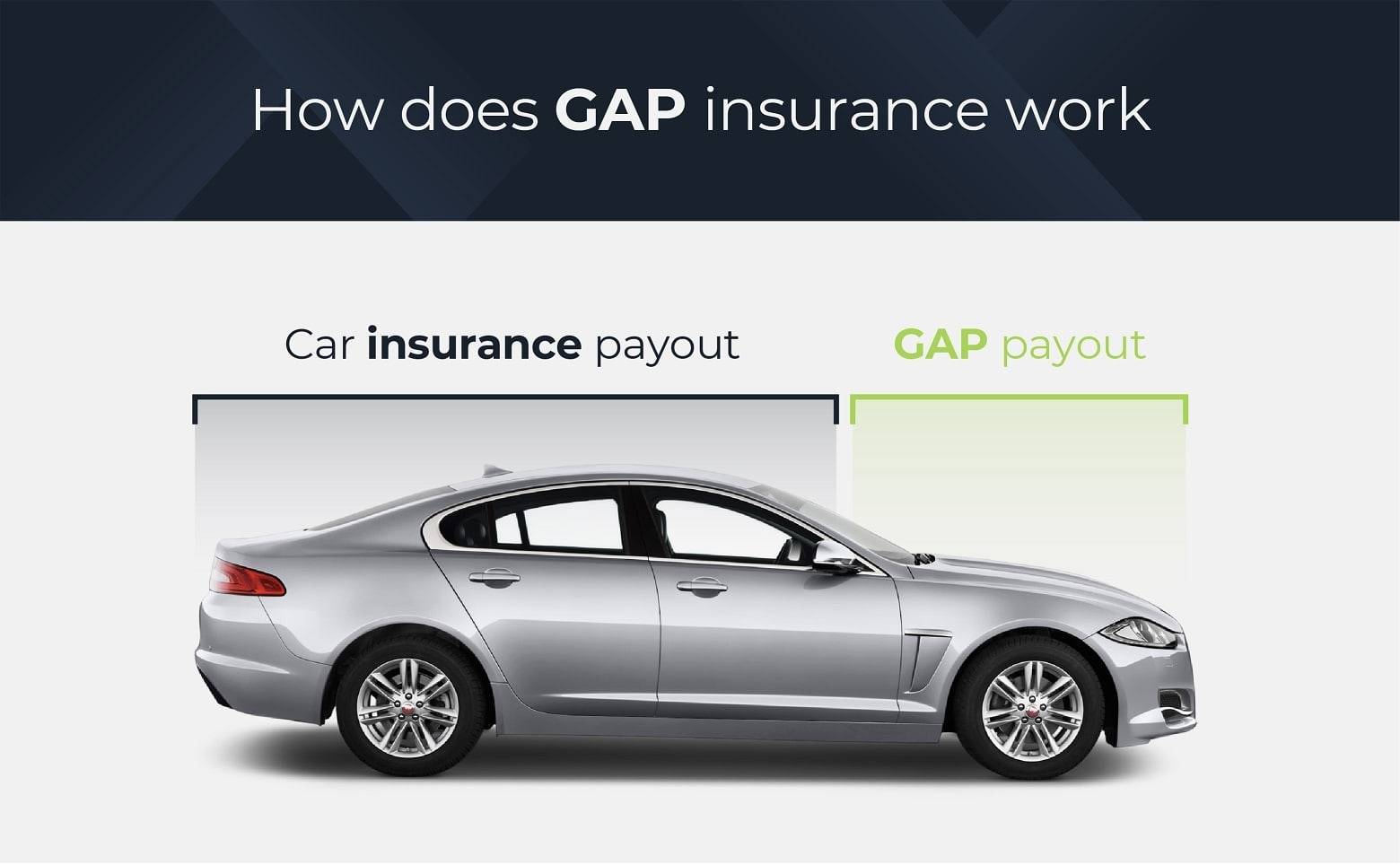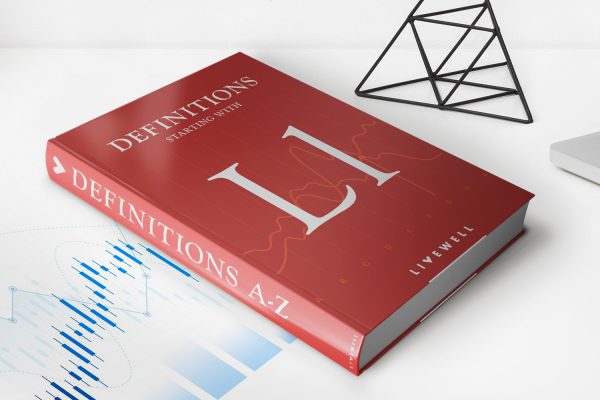Home>Finance>How Do I Know If My Auto Insurance Covers Rental Cars


Finance
How Do I Know If My Auto Insurance Covers Rental Cars
Published: October 6, 2023
Unsure if your auto insurance covers rental cars? Learn how to check and avoid unexpected expenses. Get peace of mind with finance-friendly options.
(Many of the links in this article redirect to a specific reviewed product. Your purchase of these products through affiliate links helps to generate commission for LiveWell, at no extra cost. Learn more)
Table of Contents
Introduction
Welcome to the world of car rentals! Whether you find yourself in a new city for business or you’re planning a thrilling road trip, renting a car adds convenience and flexibility to your travel plans. While exploring your options, it’s important to consider whether your auto insurance policy covers rental cars. This article will guide you through the ins and outs of rental car coverage, helping you understand if you’re protected while behind the wheel of a rental vehicle.
Auto insurance is a necessity for every driver, as it provides financial protection in the event of an accident or damage to your vehicle. But what about those times when you’re not driving your own car? Rental car coverage comes into play when you borrow a car from a rental agency and need insurance coverage for the duration of your rental period.
Many people assume that their existing auto insurance policy automatically covers rental cars. While this can be true in some cases, it’s not a given for every policy. The terms and conditions of your auto insurance coverage may vary, so it’s important to take a closer look at your policy to determine if rental cars are included.
The purpose of this article is to help you navigate the complexities of rental car coverage, providing you with the information you need to make an informed decision. We will discuss how rental car coverage works, what to look out for in your auto insurance policy, and explore additional rental car insurance options. By the end of this article, you’ll have a better understanding of whether your auto insurance covers rental cars and if you need to explore other insurance options to protect yourself while on the road.
Understanding Auto Insurance Coverage
Before delving into rental car coverage, it’s essential to have a solid understanding of your existing auto insurance policy. Auto insurance typically consists of several types of coverage, each serving a specific purpose. These coverages include liability coverage, collision coverage, comprehensive coverage, personal injury protection, and uninsured/underinsured motorist coverage.
Liability coverage is the most basic and mandatory type of auto insurance. It covers the costs associated with damage to other people’s property or injuries sustained by others in an accident for which you are at fault. Collision coverage, on the other hand, provides coverage for damage to your vehicle in the event of a collision with another car or object, regardless of who is at fault.
Comprehensive coverage protects against damage to your vehicle caused by incidents other than collisions, such as theft, vandalism, or natural disasters. Personal injury protection covers medical expenses for you and your passengers in the event of an accident, regardless of fault. Lastly, uninsured/underinsured motorist coverage comes into play when you’re involved in an accident with a driver who doesn’t have insurance or doesn’t have enough coverage to pay for the damages.
It’s important to review your auto insurance policy and understand the limits and deductibles associated with each type of coverage. This will give you a clearer picture of the protection you have in place in case of an accident or damage to your vehicle, as well as any limitations or exclusions that may apply.
Keep in mind that the coverage and limits provided by your auto insurance policy may vary depending on your state’s requirements and the specific terms of your policy. It’s always a good idea to contact your insurance provider or review your policy documents to ensure you have a complete understanding of your coverage.
Now that we have a foundation in auto insurance coverage, let’s dig deeper into how rental car coverage fits into the picture.
Rental Car Coverage Explained
When it comes to rental car coverage, it’s important to note that your existing auto insurance policy may extend coverage to rental cars to some extent. However, the level of coverage can vary depending on the insurance company and the specific terms of your policy. Typically, rental car coverage includes the same types of coverage as your personal auto insurance, such as liability, collision, and comprehensive.
Liability coverage for rental cars helps protect you financially if you cause damage to another person’s property or injure someone while driving a rental vehicle. Collision coverage covers the costs of repairing or replacing the rental car if you’re involved in an accident. Comprehensive coverage protects against non-collision events, such as theft or damage caused by natural disasters.
It’s important to review the limits and deductibles that apply to rental car coverage in your auto insurance policy. Some policies may have lower limits for rental cars than for your own vehicle. Additionally, there may be a deductible that you are responsible for paying if you need to file a claim for damages to a rental car.
While rental car coverage may provide a certain level of protection, it’s critical to understand any exclusions that may apply. For example, some policies may not cover certain types of rental cars, such as luxury vehicles or vans. There may also be restrictions on coverage for rentals outside of your home country or for extended periods of time.
Furthermore, it’s worth noting that rental car coverage only extends to the rental vehicle itself and not to any personal belongings or individuals who are not listed on the policy. If you’re traveling with valuable items or additional drivers, you may need to consider other forms of coverage, such as personal property insurance or adding them to the rental agreement as authorized drivers.
Remember, every insurance policy is different, and it’s crucial to carefully read through your policy documents or contact your insurance provider to fully understand the details of your rental car coverage.
Check Your Auto Insurance Policy
Now that you have a solid understanding of rental car coverage and how it fits into your auto insurance policy, it’s time to take a closer look at your own policy. Checking your auto insurance policy is crucial to determine if rental cars are included and to understand the extent of the coverage provided.
The first step is to locate your policy documents. This can typically be found in the physical copy of your policy or through your online insurance account. Once you have the policy in hand, review the sections related to coverage and exclusions.
Look for any clauses or language that specifically mention rental cars. These sections may outline the types of coverage provided, any limitations or exclusions, and any additional steps you need to take when renting a car, such as notifying your insurance provider or purchasing supplemental coverage.
Pay attention to the limits and deductibles associated with rental car coverage. These may differ from the coverage limits and deductibles for your personal vehicle. Make sure you understand how these limits and deductibles can impact your financial responsibility in the event of an accident or damage to a rental car.
If your auto insurance policy does not explicitly mention rental car coverage or if you find the coverage to be limited or inadequate for your needs, there are other options to consider. Many rental car companies offer their own insurance coverage at the time of rental. Additionally, there are third-party insurance providers that specialize in rental car coverage. These options can provide you with added peace of mind and may offer more comprehensive coverage than what your auto insurance policy provides.
Ultimately, it’s essential to take the time to understand your auto insurance policy and how it relates to rental car coverage. Be proactive in reviewing your policy documents and consult with your insurance provider if you have any questions or concerns. By doing so, you can ensure that you’re adequately protected when renting a car and avoid any surprises or gaps in coverage that could lead to unexpected expenses.
Additional Rental Car Insurance Options
While your auto insurance policy may provide some level of coverage for rental cars, you may still want to consider additional insurance options to enhance your protection and provide peace of mind during your rental period.
Firstly, many rental car companies offer their own insurance options at the time of rental. These options typically include a collision damage waiver (CDW) or loss damage waiver (LDW). The CDW or LDW shifts the responsibility for damage to the rental car from you to the rental company, which means you won’t be held liable for repairs or replacement costs in case of an accident or damage. However, it’s important to carefully review the terms and conditions, as there may still be certain exclusions and limitations.
Another option to consider is third-party rental car insurance. Several insurance providers specialize in offering rental car coverage that can supplement your existing auto insurance policy. These policies often provide comprehensive coverage, including liability, collision, and comprehensive, and may have higher limits and lower deductibles compared to your auto insurance policy. Third-party rental car insurance can be purchased independently or bundled with other types of coverage for added convenience.
When deciding on additional rental car insurance, it’s crucial to consider your specific needs and circumstances. Assess the risks associated with your trip, the type of rental car you’ll be driving, and the level of coverage you’re comfortable with. It’s also important to compare the costs of purchasing additional insurance with the potential savings or benefits it may provide in the event of an accident or damage.
Additionally, check if your credit card offers any rental car insurance as a cardholder benefit. Some credit card companies provide coverage for rental cars when you use their card to pay for the rental. However, be sure to review the terms and conditions as coverage may vary depending on the type of card and the rental car company.
Before making a decision, it’s vital to carefully read the terms and conditions of any additional rental car insurance policies or waivers. Understand the coverage limits, deductibles, and any exclusions that may apply. If you have any questions or concerns, contact the insurance provider or the rental car company to clarify any uncertainties.
Remember, while additional rental car insurance can provide added protection, you should always evaluate the coverage already provided by your auto insurance policy and determine what additional coverage is necessary based on your individual circumstances.
Exceptions and Limitations
While rental car coverage can offer valuable protection, it’s important to be aware of the exceptions and limitations that may apply. Understanding these factors will help you make informed decisions and avoid any surprises or gaps in coverage.
Firstly, rental car coverage may have specific restrictions based on the type of vehicle you’re renting. Luxury, exotic, and specialty vehicles may not be covered under your auto insurance policy or supplemental rental car insurance. Before renting a vehicle, confirm with your insurance provider or read the policy documents to ensure coverage extends to the type of vehicle you plan to drive.
Additionally, rental car coverage may have restrictions on the duration and location of your rental. Some policies may limit coverage to rentals within your home country or state, while others may have time limits on how long the coverage applies. It’s crucial to review these restrictions to ensure you have coverage for the entire duration and location of your rental.
It’s also important to note that personal belongings inside the rental car may not be covered under your auto insurance policy or rental car insurance. If you’re traveling with valuable items, consider separate personal property insurance or check if your homeowner’s or renter’s insurance policy covers personal belongings while traveling.
Another limitation to be aware of is the potential impact on your insurance premiums in the event of an accident or claim. Making a claim for rental car coverage could potentially increase your future insurance premiums. This is because insurance companies consider claims history when determining premiums. If you’re unsure about the potential impact on your premiums, it’s advisable to consult with your insurance provider before making a claim.
Lastly, if you’re renting a car for business purposes, it’s essential to review your auto insurance policy or speak with your insurance provider to understand the coverage provided. Some personal auto insurance policies may not cover rentals used for business purposes, so it may be necessary to purchase additional coverage specifically for business-use rentals.
Understanding the exceptions and limitations of your rental car coverage is vital to ensure you have the protection you need. Take the time to review your policy documents, ask questions to your insurance provider, and consider supplemental coverage if necessary. By doing so, you can confidently hit the road in a rental car, knowing you have the appropriate coverage in place.
Important Considerations
When it comes to rental car coverage, there are several important factors to consider to ensure you have the right insurance protection for your needs. These considerations will help you make informed decisions and have a worry-free experience while renting a car.
First and foremost, review your existing auto insurance policy to determine if rental cars are included and the level of coverage provided. Understanding the terms, limits, and deductibles will help you assess any gaps in coverage and decide if additional insurance options are necessary.
Before renting a car, carefully read through the terms and conditions of the rental agreement. Take note of any requirements or restrictions imposed by the rental car company, such as minimum age requirements, additional driver fees, or restrictions on driving outside of certain areas. Understanding these details upfront can help you avoid any unexpected costs or issues during your rental period.
When considering additional rental car insurance or waivers offered by the rental car company, compare the coverage and costs with what your existing auto insurance provides. Determine if the additional coverage offers significant benefits or if your current policy is adequate for your needs. Remember, purchasing unnecessary coverage can add unnecessary expenses to your rental costs.
Consider the nature of your trip and your personal circumstances. If you’re planning a short, local rental, your existing auto insurance policy may provide sufficient coverage. However, if you’re embarking on a longer trip or renting a vehicle in a different country, additional insurance options may offer more comprehensive protection and peace of mind.
Make sure you know what steps to take in the event of an accident or damage to the rental car. Familiarize yourself with the reporting procedures required by your auto insurance provider or the rental car company. Quick and accurate reporting can help streamline the claims process and minimize any potential headaches.
Lastly, consider your personal risk tolerance and financial situation. Evaluate the potential costs of accidents or damage to a rental car and determine if you’re comfortable assuming that risk or if additional insurance coverage is necessary to provide a greater sense of security.
Ultimately, careful consideration of these factors will help you make informed decisions about rental car coverage. By understanding your existing policy, reviewing rental agreements, and assessing your specific needs, you can confidently choose the right insurance options and enjoy your rental car experience with peace of mind.
Conclusion
Understanding the ins and outs of rental car coverage is crucial for anyone planning to rent a car. While your existing auto insurance policy may provide some level of coverage, it’s important to review the terms, limits, and exclusions to ensure you are adequately protected.
Check your auto insurance policy to determine if rental cars are included and the extent of the coverage provided. Be aware of any exceptions and limitations that may apply, such as restrictions based on the type of vehicle, duration and location of the rental, and coverage for personal belongings.
Consider additional rental car insurance options, such as those offered by the rental car company or third-party providers. Carefully assess the benefits, costs, and coverage limits compared to your existing policy to make an informed decision.
Take into account important considerations such as the terms and conditions of the rental agreement, your personal risk tolerance, and the nature of your trip. Being proactive, understanding reporting procedures, and evaluating your needs will help ensure a hassle-free rental car experience.
In conclusion, rental car coverage requires careful consideration of your existing auto insurance policy, additional insurance options, and individual circumstances. By being well-informed and making confident decisions, you can enjoy your rental car with peace of mind, knowing you have the right insurance protection in place.














